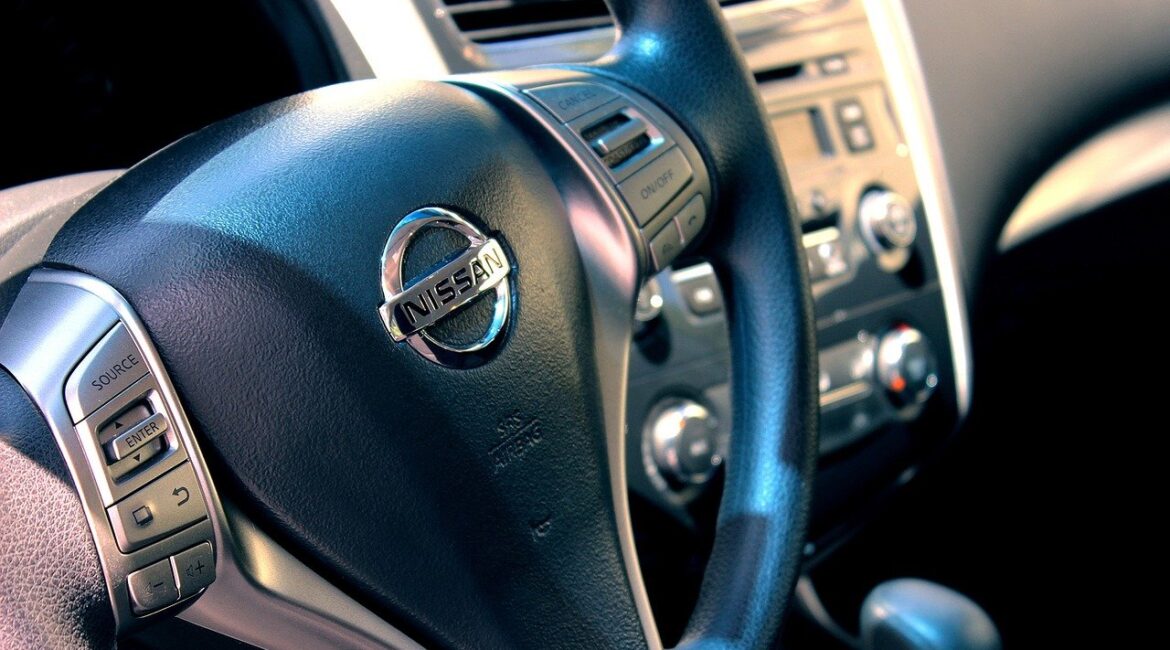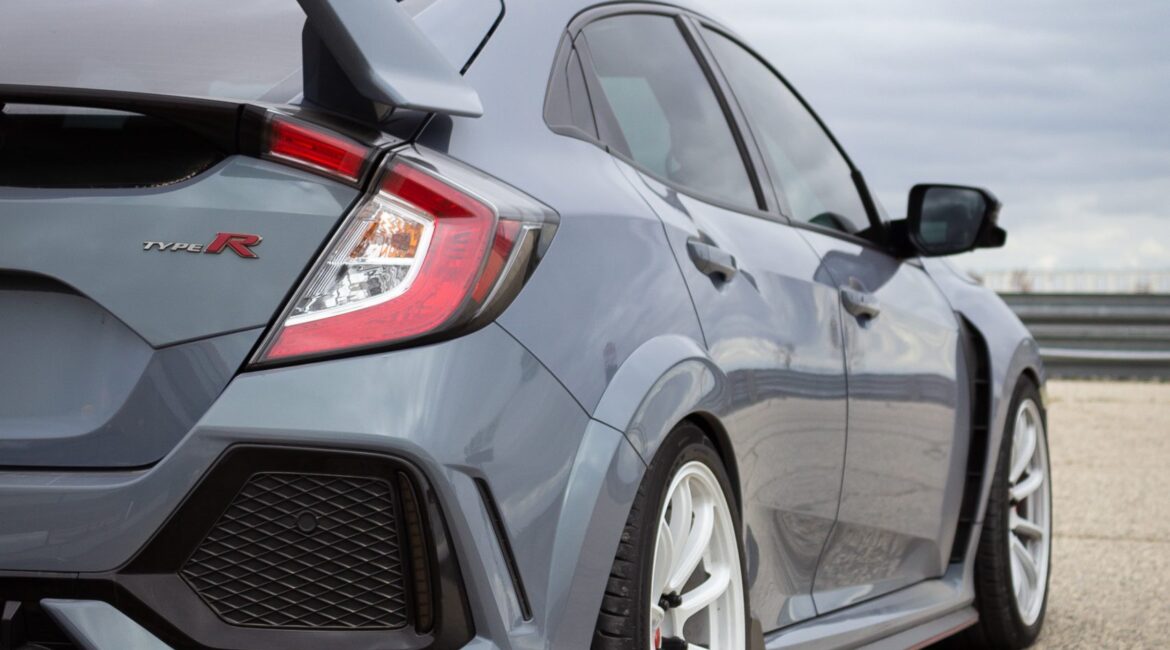It makes no sense to cut corners with your Nissan's air bags. Most car manufacturers issue “OEM Position Statements” to car repair shops that outline their expectations of how repairs should be performed. Nissan has issued a statement about the air bags in their vehicles and how only new OEM...
Category: Manufacturer Questions
Hyundai Does Not Approve of Wheel Reconditioning—Here’s Why That’s Important for Your Repair
Hyundai recognizes that wheel reconditioning is a dangerous and risky method of collision repair. If you are not familiar with wheel reconditioning, it is a process of using various tools and methods to try to repair a damaged wheel, instead of replacing it entirely. Some methods include welding, re-plating, or...
GM Says It’s Dangerous to Use Salvage Structural Parts on Your GMC—Here’s Why They’re Right
Using salvage parts on your structural repair just isn't worth the risk. When you take your GMC to a body shop for collision repair, of course you’re going to want the job to be done as safely, efficiently, and cost-effectively as possible. At our shop, one of the ways we...
Why It’s Essential That GM Recommends Pre- and Post-Repair Scans for Your GMC
GM naturally wants body shops to be thorough when conducting repairs. If your GMC has been in a collision, there are very specific steps that an auto body shop needs to take in order to optimize your vehicle’s repairs. One of the smartest things that a shop can do is...
Why Honda Rejects Wheel Reconditioning in Collision Repair and How This Affects You
Wheel reconditioning is a dangerous practice in collision repair. Honda is very clear that the company does not approve of any wheel repair that involves reconditioning. If you are not familiar with wheel reconditioning, it is a process of using various tools and methods to try to repair a damaged...


